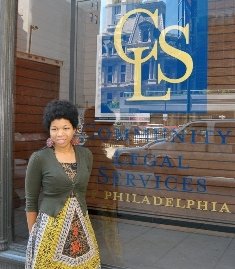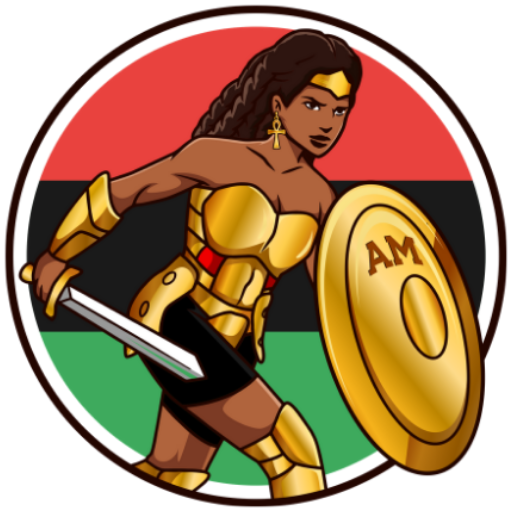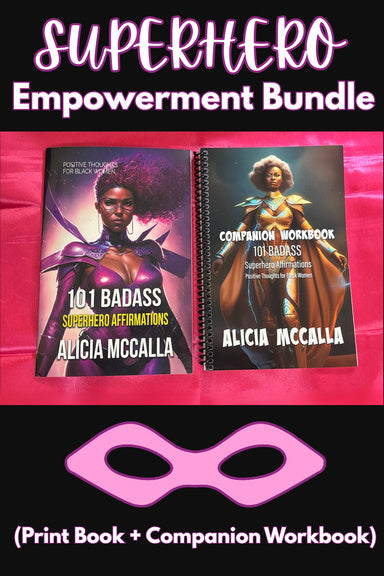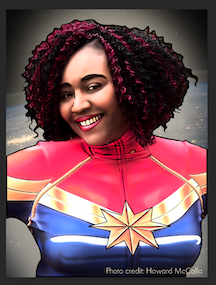
Guest Fest: Using Afrofuturism to Re-Examine Our Past By Rasheedah Phillips
Share
The Future is already Here. It’s just unevenly distributed.
The word “futurism” embedded in the term Afrofuturism denotes a forward-looking aesthetic or theme that envisions the prospective future of humanity. If popular media, literature, and film are any indication, the images that people typically draw to mind when thinking of the future generally involve either 1) post-apocalyptic scenery 2) highly-advanced technology or 3) interplanetary and outerspace travel.
Afrofuturism as a genre, however, does much more than pay lip service to some far-flung future that we can only access to in our imaginations, futures that are so drastically different from anything we know in contemporary times that we cannot possibly have any direct link to it, or futures that only our descendants will be able to enjoy or suffer in. I believe that, distinctive from other notions of genre-based futurism, Afrofuturistic concepts of sci-fi, fantasy, myth, and speculation bind both the past and future, delivering them to a Now in visual, literary, musical terms (and any other mode of expression that one sees fit to attach the Afrofuturistic lens to). Afrofuturism is visionary and retrospective and current all at once, in that it recognizes that time cycles and revolves. In this way, we can all participate in Afrofuturism daily, in everyday life, to allow for a perpetually accessible bridge between ourselves, our ancestors, and our descendants, between our futures and our pasts.
Moreover, Afrofuturism seems to recognize that the future can be as spaced out or as close as one chooses to define it, telling us that “it’s all relative”. The future is the next second, the next day, and the next decade. Before we lived through yesterday and found ourselves in today, the future was today. Afrofuturism empowers the work of our ancestors by reminding us that we are their future, we are a part of the future that they helped shape because their experiences remain embedded in our experiences and give context to our choices. Afrofuturism is the conduit through which they can continue to speak and inform us. Under this interpretation (upon which reasonable minds can and do differ), I find Afrofuturism to be a potent platform upon which I can launch my own science fiction/science possibility stories and practices.
For as long my memory serves me, I have had a fascination with the concept of time travel. As I grew older, this fascination evolved into healthy obsessions with time and space, language and logic, in an attempt to break down the elements that comprised the phenomenon of time travel, and upon which rests its probability and possibility in the real world. For years I’ve collected dozens upon dozens of both fiction stories and non-fiction writing on those same topics, searching, like others, for a way to marry the science-fictional, fantastical concepts of time travel found in many science fiction stories, to the real world research, experiments, and philosophical inquiries of science. It wasn’t until I read Octavia Butler’s novel Kindred, however, that I took a huge step closer to the link that was missing between the realm of imagination and the real world manifestation of time travel phenomena.
Kindred, tells the story of Dana, a Black woman living in 1970’s California who somehow slips through time and ends up in the antebellum South. There Dana is called upon to save her young, white, slave-owning ancestor. The difference between Kindred and other stories that I have read on time travel is the way that Ms. Butler uses the trope to provide a bridge upon which we, as Black people, can reexamine our agency and role in history. She takes on a grander social history that embroils all of us, that of slavery, and uses the personal history and memory of Dana to challenge the distortion that our collective memories of this event have been subject to in history books and on political terms. In doing so, Ms. Butler uses the ultimate time travel paradox, the Grandfather Paradox, and gives it a swift turn onto its head. She does this, however, without ever needing to get wrapped up in time travel mechanics, language or logic to provide an explanation for Dana’s experiences; instead, the novel uses the memories as a vehicle in themselves to carry Dana back and forth between time, and in some sense, defeats the Grandfather Paradox, or perhaps avoids it altogether. This works to elevate the power of personal and collective memory of the many as being just as important, if not more, than a recorded history shaped by a privileged few. Time travel in Kindred, then, does not merely involve some event at some specific point in time, but asks from whose perspective that event is shaped, and how that influences the traveler.

Novels like hers are, in my opinion, the crux of Afrofuturism and what itcan be used to accomplish. Following in the tradition of these core concepts and Kindred, my upcoming novel Recurrence Plot revolves around time travel in its most practical application – that of the mind, a place that does not require a machine, an advanced degree, or any other privileges. I aim to find ways to make time travel – the re-examination of our pasts and active creation of our futures - accessible to myself and others. I hope to have the novel published by Fall 2012, with all proceeds going towards the mission of my organization, The AfroFuturist Affair.
Rasheedah Phillips is the creator of The AfroFuturist Affair in Philly. She plans to debut her first spec/sci-fic novel Recurrence Plot in Fall 2012. You may catch her ruminating from time to time on her blog, AstroMythoLosophy.com.







